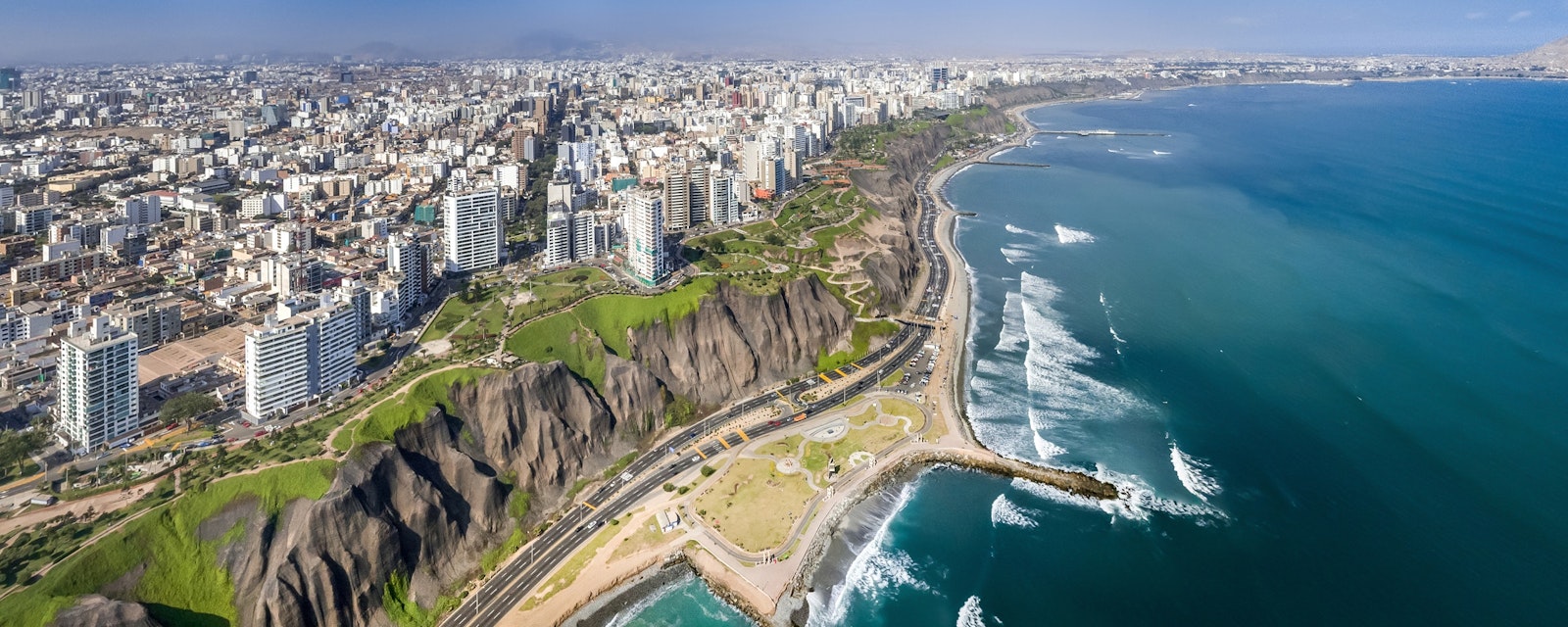This week, Peru continues to face severe volatility. Meanwhile, a regional summit in Argentina marks the first trip abroad of Brazil’s President Luiz Inacio Lula da Silva since his recent inauguration.
Bilateral agreements between Argentina and Brazil may be more substantive than anything emerging from the summit. Separately, Argentina’s debt buyback continues to generate questions. Finally, Venezuela’s opposition is lurching from crisis to crisis.
Peru
Opponents of caretaker President Dina Boluarte are pledging to continue protests this week. This follows a weekend in which security forces continued to mismanage protests, resorting to brutality and failing to follow due process. This serves protestors aims, which is to undermine Boluarte’s legitimacy so that she has no choice but to resign, paving the way for a new electoral process this year, and not in 2024 as is semi-confirmed. A police raid of the National University of San Marcos in Lima on 21 January to eject protestors has been particularly controversial. At the same time, the weekend saw more violent incidents including arson attacks targeting police and other government institutions in the south. With both sides seemingly unwilling to compromise or take a step back and no obvious neutral mediator materializing, the crisis could easily get worse.
Region
Buenos Aires plays host to a summit of the Community of Latin American and Caribbean States (CELAC) bloc on 24-25 January. The bloc was set up in 2010 as a counterweight to the Organization of American States (OAS), which regional leftists see as beholden to the US. Brazil’s President Luiz Inacio Lula da Silva, who is making the first international trip since his 1 January inauguration, will be the star of the summit. Lula’s presence has undoubtedly helped attract participation from other leftist leaders including Colombia’s Gustavo Petro, who will want to inject greater dynamism into regional cooperation and integration. Expect plenty of grandstanding. The presence of Venezuela’s Nicolas Maduro and Cuba’s Miguel Diaz-Canel risks overshadowing proceedings as Argentine opposition parties together with Venezuelans in exile protest the attendance of both leaders. Maduro will be hoping that a meeting with Lula can deliver an improvement in relations with Brazil after the Jair Bolsonaro years.
Argentina/Brazil
Lula is already in Buenos Aires, where today he holds a bilateral meeting with President Alberto Fernandez in a bid to re-energize bilateral relations. The meeting is designed to cement an integration agreement that will encompass energy, agriculture, mining, the environment, defense and technology. Lower down the list of priorities will be a renewed attempt at establishing a common currency for bilateral trade and finance. A more difficult topic will be the stalled Mercosur-EU trade deal, as well as how to manage Mercosur member Uruguay’s ambitions, which Argentine protectionism and Mercosur’s general institutional sluggishness are holding back. Lula is also expected to hold a meeting with Vice-President Cristina Fernandez (CFK), who would like to engineer a comeback comparable to Lula’s.
Argentina
The debt buyback plan announced by Economy Minister Sergio Massa last week is likely to continue to generate questions. Massa had said that the USD 1bn buyback would help lower Argentina’s risk premium, though the action is widely seen as an attempt to stabilize exchange rate differentials after the spread between the official and the “blue” parallel rates had widened significantly. Massa has pledged to get monthly inflation (5.1% in December and 94.8% for 2022 as a whole) down to a rate “beginning with a three” from April. The impact on the currency spread so far has been limited, which reinforces doubts about the use of precious net reserves, which currently stand at not much more than USD 6bn. A serious drought also threatens to reduce USD inflows from agricultural commodities, which remain the main means for the Central Bank (BCRA) to replenish its reserves. To complicate matters, the National Securities Commission (CNV) has opened an investigation into suspicious trading prior to Massa’s announcement.
Venezuela
Public sector frustration over poor wages and rising inflation has been increasingly evident in recent weeks; expect a further sign of discontent today, 23 January, which can be politically charged as it marks the anniversary of the fall of the Marcos Perez Jimenez dictatorship in 1958. Recent protests have largely been organized without opposition parties, which remain in disagreement following the termination of the “interim government” set up to challenge President Nicolas Maduro. Leopoldo Lopez, leader of the Popular Will (VP) party, which is at the hawkish end of the opposition spectrum, has been highly critical of other leading opposition figures, especially Henrique Capriles Radonski and the Zulia state governor Manuel Rosales. Internal divisions within the Unitary Platform coalition are so deep that it is unclear whether a primary to select a presidential candidate will go ahead in June. Lopez has also criticized members of the delegation representing the opposition in talks with the regime; this adds to the uncertainty over the future of the dialogue process following threats from regime negotiating lead Jorge Rodriguez last week to end the talks.




